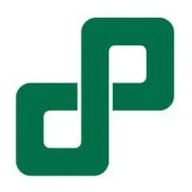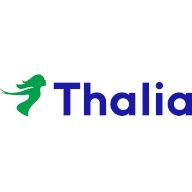What is Private SaaS?

Sara Williams

Software-as-a-Service (SaaS) has become a popular delivery model for software applications. It allows businesses to avoid the hassle and expense of managing their own hardware and software infrastructure. Instead, they can access software applications through a web browser, paying only for what they use. However, despite the many advantages of SaaS, concerns over data security and privacy, performance, flexibility and customization, and cost creep have kept some enterprises from fully embracing it. That's where private SaaS comes in.
Private SaaS is a cloud-based software delivery model that provides all the benefits of traditional SaaS, with one key difference: the software runs on a private or dedicated cloud infrastructure rather than a shared public one. This means that businesses can take advantage of the convenience and cost savings of SaaS while maintaining control over their data and security, regional deployment of infrastructure, and custom functionality.
Why Private SaaS?
One of the main advantages of private SaaS is data security. With public SaaS, data is stored on a shared infrastructure, which can be a concern for businesses with sensitive information. Private SaaS eliminates this concern by allowing businesses to store their data on a private cloud infrastructure. This ensures that only authorized users have access to the data, and that it is stored securely.
Private SaaS also offers greater control over software customization and integration. With public SaaS, businesses are limited to the features and integrations provided by the software vendor. Private SaaS allows businesses to customize the software to meet their specific needs, and integrate it with their existing software infrastructure.
Private SaaS also offers greater flexibility in terms of deployment options. With public SaaS, businesses are limited to the software vendor's infrastructure and deployment options. Private SaaS allows businesses to deploy the software on their own infrastructure, or on dedicated cloud infrastructure such as Amazon Web Services (AWS). This gives businesses greater control over their software deployment, as well as the performance and scalability of the overall solution.
Implementing Private SaaS
Implementing private SaaS requires a cloud infrastructure that is dedicated to the business. This infrastructure can be hosted on-premises, or on a cloud platform such as AWS, Microsoft Azure, or Google Cloud Platform (GCP). The infrastructure should be designed to meet the business's specific needs, including performance, scalability, and security.
Once the infrastructure is in place, the business can choose the software applications they want to deploy on it. These applications can be custom-built, or they can be purchased from a software vendor that supports private SaaS deployment. For example, Crafter Cloud is a fully-managed private SaaS headless CMS solution that runs on dedicated AWS infrastructure. The software applications should be configured to run on the private cloud infrastructure, and should be integrated with the business's existing software infrastructure.
Security Considerations
While private SaaS offers greater data security than public SaaS, it still requires careful consideration of security risks. The cloud infrastructure must be secured against unauthorized access and attacks, and the software applications must be designed with security in mind.
Some key security considerations for private SaaS include:
Network Security: The private cloud infrastructure must be secured against unauthorized access from the internet. This can be accomplished through firewalls, intrusion detection systems, and other network security measures.
Access Control: Access to the private cloud infrastructure and software applications must be tightly controlled. This can be achieved through strong authentication measures, such as two-factor authentication, and access controls that limit access to authorized users.
Data Encryption: Data stored on the private cloud infrastructure should be encrypted to protect against unauthorized access. This can be achieved through data-at-rest encryption and data-in-transit encryption.
Vulnerability Management: The private cloud infrastructure and software applications must be regularly scanned for vulnerabilities and patched as needed. This can be accomplished through vulnerability scanning tools and automated patch management systems.
Conclusion
Private SaaS offers businesses the benefits of SaaS, with the added security, control, flexibility, performance and higher ROI of a private cloud infrastructure. It allows enterprises to take advantage of the convenience and cost savings of SaaS, while reaping all the benefits of a private, tailored solution. To learn more how CrafterCMS delivers more value to enterprises with its private SaaS solution, Crafter Cloud, read our blog post: Public SaaS vs. Private SaaS vs Self Managed Cloud
Related Posts
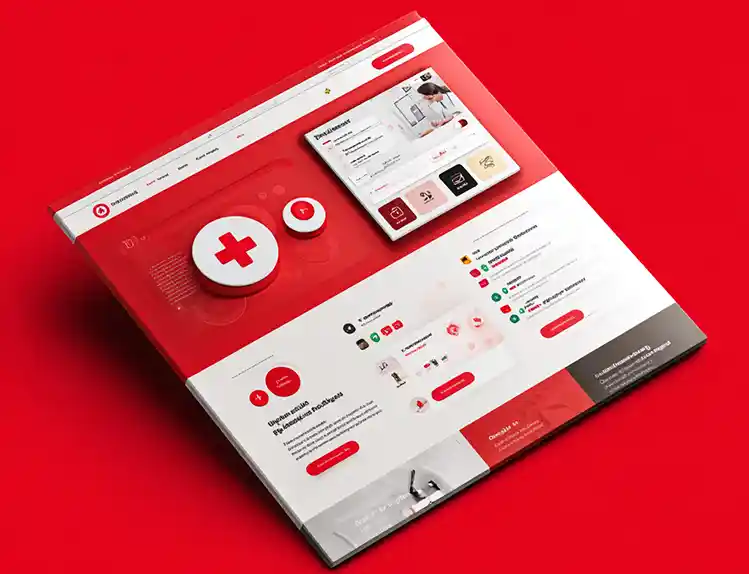
What Kind of CMS Is CrafterCMS? Headless—Plus Everything You Need to Ship Faster

Amanda Jones

The Next Wave of OTT Video: AI-Powered Personalization and Content Discovery

Sara Williams

Cloud-Native Digital Experiences at Momentum Financial

Sara Williams

How a Headless CMS Improves Healthcare Digital Experiences

Amanda Lee
Related Resources
-
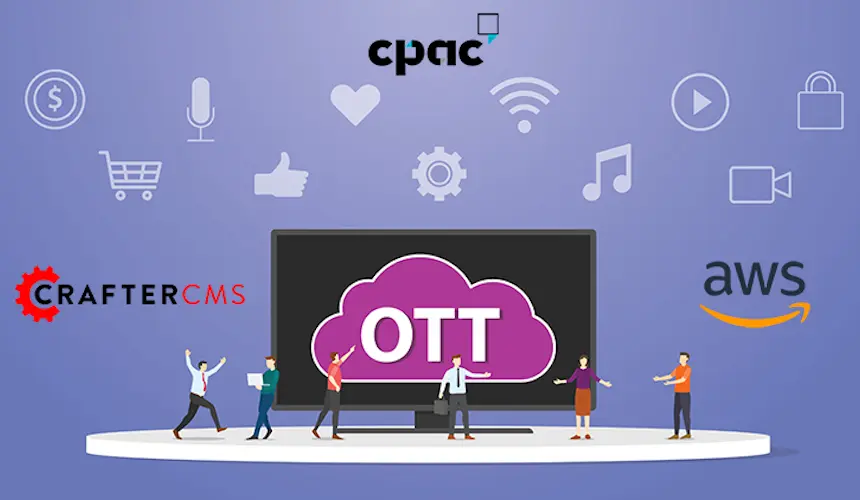
Modernizing Video Delivery and Content Management at CPAC, A Canadian Nationwide Broadcaster
Webcast
-
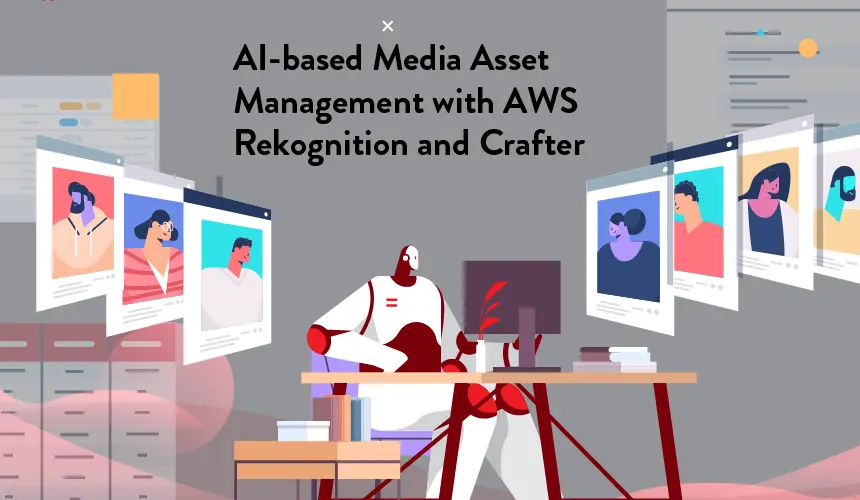
AI-based Media Asset Management with AWS Rekognition and CrafterCMS
Webcast
-
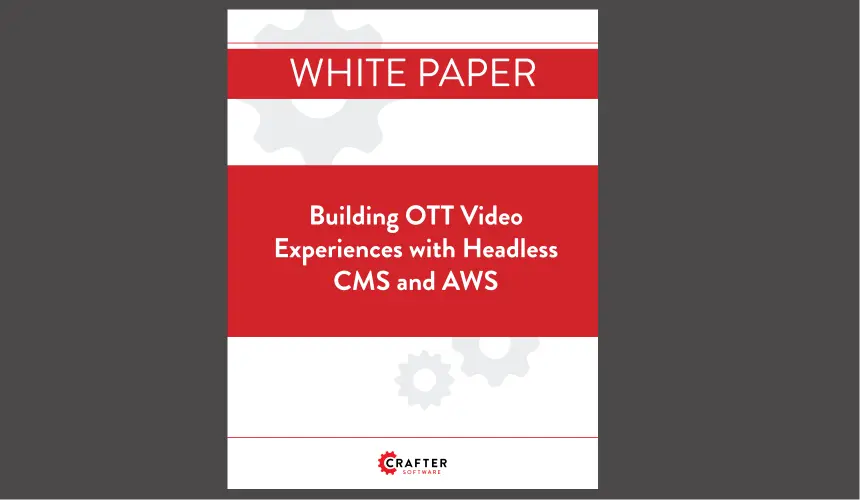
Building OTT Video Experiences with Headless CMS on AWS
White Paper
-
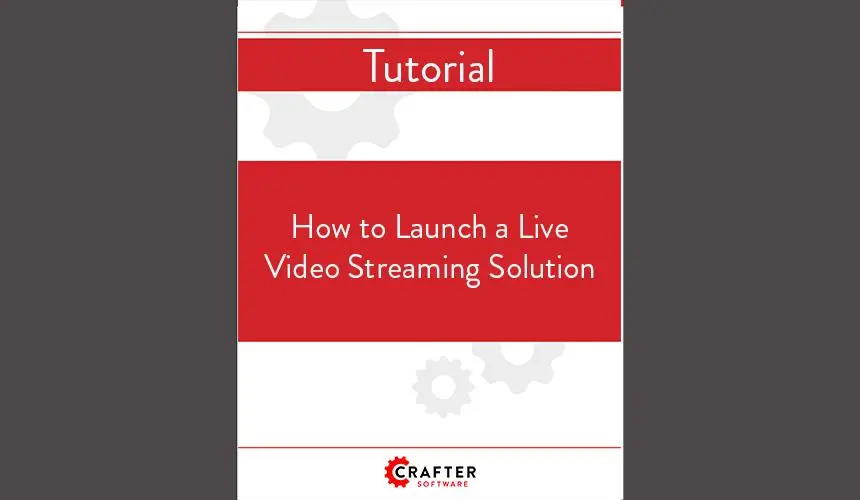
How to Launch a Live Video Streaming Solution
Tutorial
-
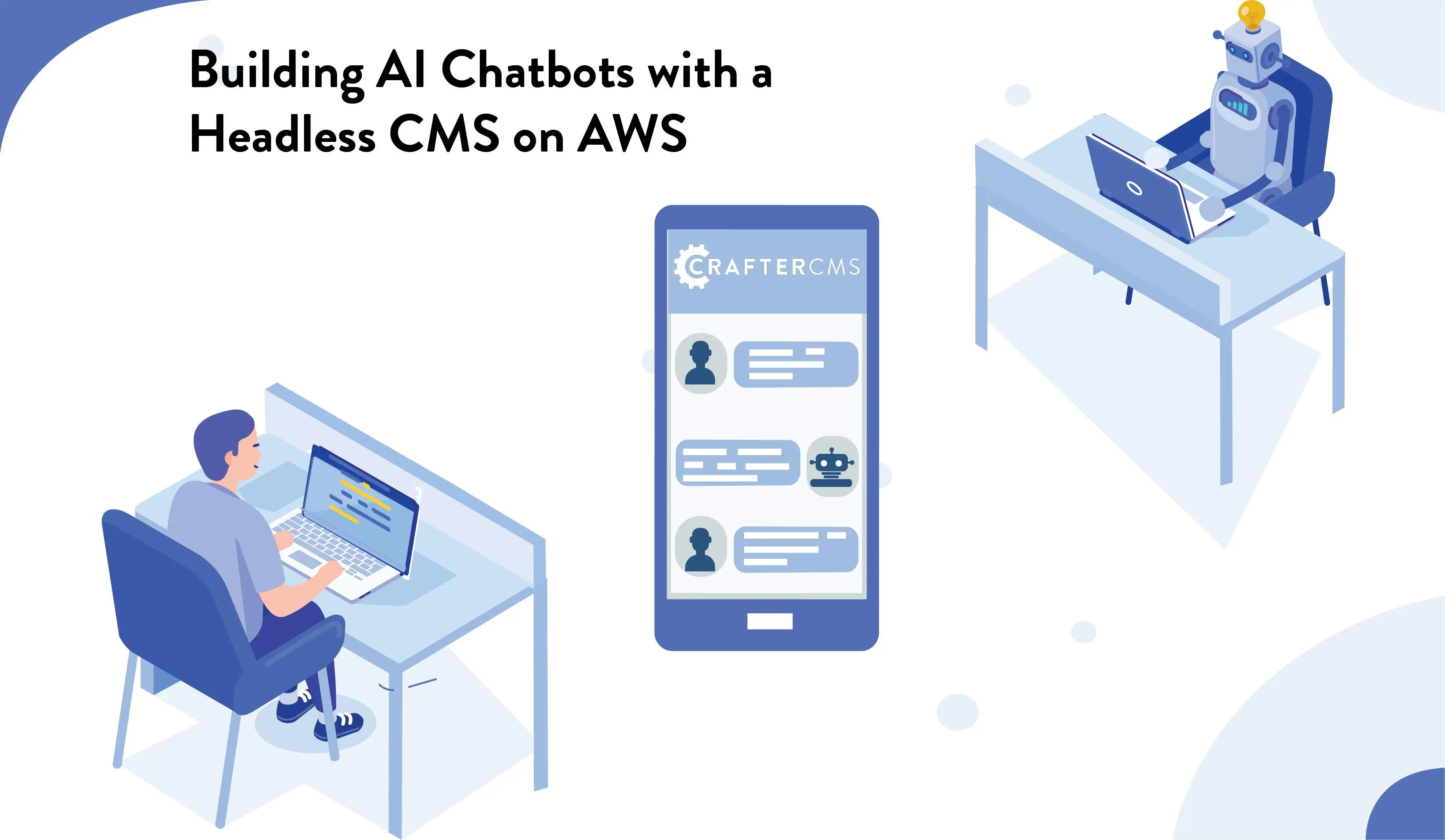
Building AI Chatbots with a Headless CMS on AWS
Webcast
